NAHS has a problem. This issue at NAHS is the product of a problem society has been plagued with for generations, but still can’t pass centuries later. People tend to think that just because Black people are not being held as slaves or that segregation is now legally abolished, racism is officially over. I hate to break it to you, but you are sorely mistaken. While racism is not as bad as it was a few decades ago, racism seems to have taken on a more prevalent form. Microaggressions.
Microaggressions are remarks or actions used to belittle marginalized people with the intention of being subtle. But let me try to explain to you why these remarks are almost (or always) never subtle.
I am Black. I am Black and a woman. Not one before the other and not interchangeable. I don’t need to tell you that for you to know it, though. It will most likely be the first thing you see about me.
I don’t blame you. In fact, I’m okay with it. It is who I am. However, with that immediate perception comes stereotypes. These are not who I am.
So there’s no shock that the “jokes” you throw at me are about my skin. How you throw around “Black and Ugly” when I make you upset, and how you laugh at these affronts just as fast as you’re able to throw them. So for the white boys who feel the need to make a joke about race whenever there is an opening, or for the white girls who misuse AAVE (African-American Vernacular English) in every sentence they conjure up, this article is addressed directly to you.
I can say nigger. This is not by choice. So I wonder what you think the difference is between me and you saying it. Do you, being born into privilege, find it funny to use a word that symbolizes oppression? This word you use to disrespect my people that we reclaimed as our own, you want it back?
Is your explanation for using that slur as simple as dismissing it as a “joke?” Were you feeling that back then when your ancestors murdered countless innocent people? Were their lives just a joke to you? Were their trauma the punchline for your stand-up comedy when you paint your face Black and your lips red? When has it ever not been that serious? You are mocking the lives of the people before you and me and you do it with swiftness. Like it’s casual. But it’s been your people’s casual for centuries, so when you open your trap, it is like the apple never falls far from the tree.
You say, “Racism is not that bad anymore” or “It happened so long ago” when really racism is still very much prevalent in our society.You carry on this disease like a tradition to the next generation to the next and somehow find a way to victimize yourself just like how your ancestors have when they scream, “rape or thief” just to get an innocent black person walking the street lynched. Don’t say “It’s not my fault” when this privilege of not having to worry about turning into a statistic when you talk with the cops is something you possess. You have no right to say it’s “not your fault” when you have the privilege of not being able to have a slur to reclaim in the first place. You’re not any different from the rest. You still belittle us with your tears as the whip and your words embedded in our gash.
Why? It’s a question that has always been stuck with me ever since I was a little girl growing up in a white neighborhood. Why would another human being belittle someone for simply existing? What do you gain? When you touch my hair and start petting me like a dog, do you feel empowered? What do you gain from turning your Chromebook charger into a whip and saying, “watch out, or I’ll whip you” in front of the whole class? These may seem funny for those unaffected, but it’s not for the teenage girl who is still trying to gain some sort of self-love for the existence that has been laughed at for centuries. The more said, the more times it takes for the little girl in elementary school to heal from not only the past but the present.
However bad my experiences may have been, there is always someone going through the painful trials of being a person of color in the world every day, and two students from NAHS, who have chosen to stay anonymous, give their own input on their experiences and their standpoint on this issue.
“It’s very discrete. It’ll be like little jokes. You know how people poke fun at each other? It’ll be something like that,” said the first student. “I’ll just find white people straight up saying the N-word and everybody will just look over it because ‘it’s just a joke.’”
He spoke of trying to reason with people who make these jokes. “It’s like talking to a brick wall. Maybe they understand it but they don’t care, it’s just a joke to them.”
He continued,“My parents used to always say, ‘You’re Black. These kids are white. There’s gonna be issues.’ And I would just be like, no, no there’s just no way. I just think you guys are speculating. I think I’m fine. I think this was in fifth grade actually. Halloween night five or six kids from my class surrounded me. I got jumped. I was like a block away from my house. I didn’t think it was racism, I thought they just didn’t like me. Thinking back on it now, I was one out of maybe three Black kids in that entire town.”
“Even if [the jokes] don’t offend anybody, it’s just an unhealthy perspective to have. Like you looking at somebody else as someone lesser just because of their skin color. Honestly, I guess we just got to make progress step by step by step. It can’t just be you or me or the people we know. It has to be a communion of people. It actually has to be people who care. People who are not just bandwagoning.”
The second student describes their encounters with racism when she was little : “If I say something and someone else says, ‘no this is wrong’ and they are a lighter skin tone than me then they would believe them over me.”
The second student has said that recently she has been dating a boy of color, but because she is black, his mother thinks she is a “gold digger” because of her own experiences in the past with black people. “I feel uncomfortable. I just don’t want to be around her.”
Although up until now the subject has been heavily catered toward white people who have been giving life to microaggressions, this stereotyping happens in our own communities, further accelerating the hate. The second student gives an example of this.
“When I was walking the hallways with my boyfriend a Black person called him a [c-word] and it was so normalized. No one was like ‘oh, this is wrong’ so it’s normalized when someone from a different skin tone says something racist,” She then said, “It’s more prevalent in the halls when no one knows you.”
“My mom is super old-fashioned. My brother has a [non-Black] girlfriend. My brother was like, ‘I want my girlfriend to learn how to braid hair’ and [my mom] was like ‘you might as well get a Black girlfriend if you want your hair braided.’ I was trying to teach her how bad it is to say that,” she said.
She continued: “They might feel fear towards [people of color] or they just want to bring back the past they miss. They react defensively, try to make me see how they see it, but it’s hard to change people.”
I understand that the past affects the future, but people have to stop thinking that they still can’t be better. I understand growing up with family members who have not been the best example, and I understand that it can be hard realizing the depths in which your privilege holds, but if you know it’s wrong, then why carry on this generational plague? You can learn from each other and open your minds up as much as you open your mouth. If people can’t change you, then try changing yourself.
In writing this article, I think of a quote by the late activist Kwame Ture: “There’s a difference between peace and liberation. You can have injustice and have peace. You can have peace and be enslaved, so peace isn’t the answer. Liberation is the answer; never ‘peace.’ That’s the white man’s word. ‘Liberation’ is our word.”

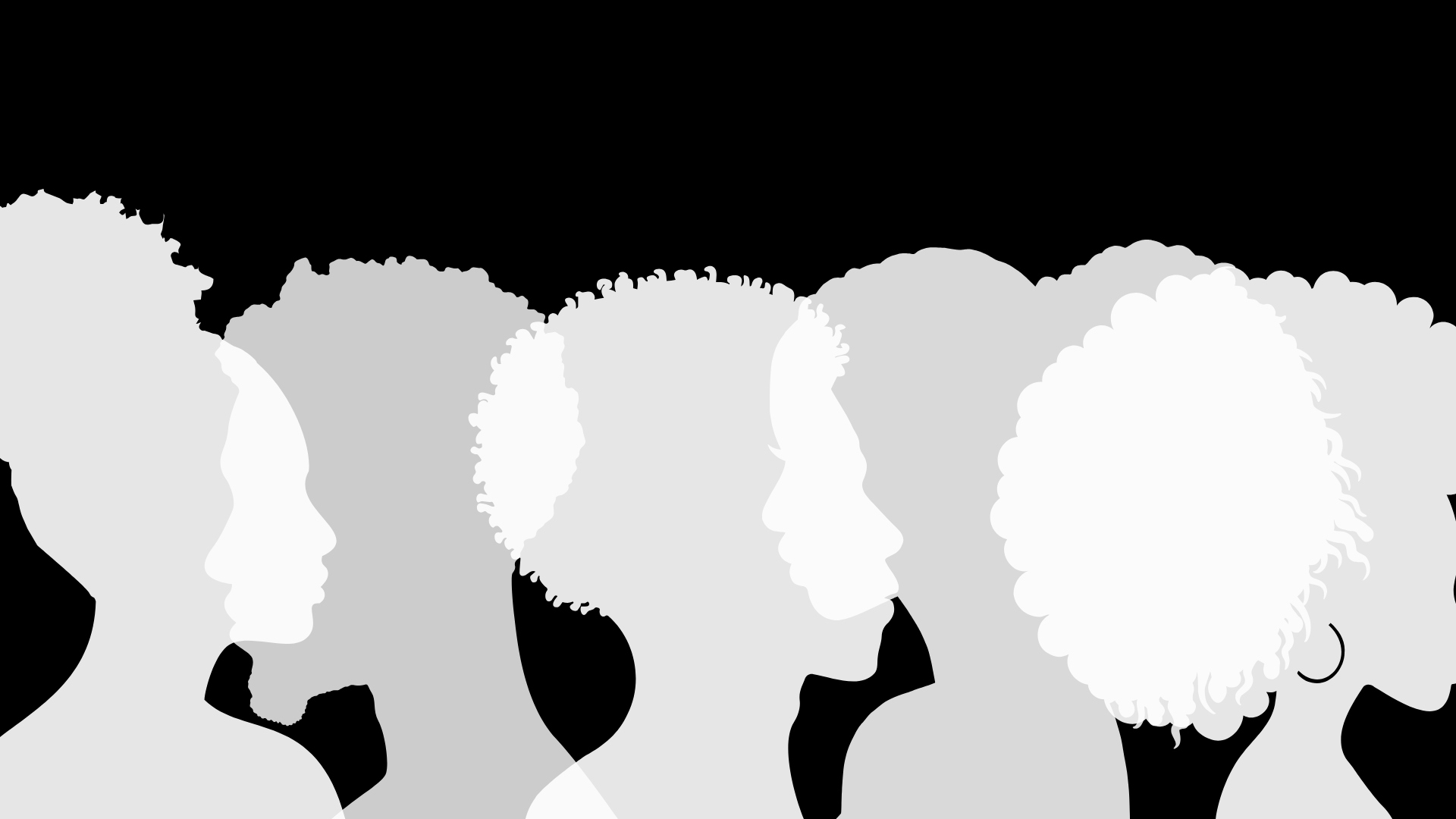




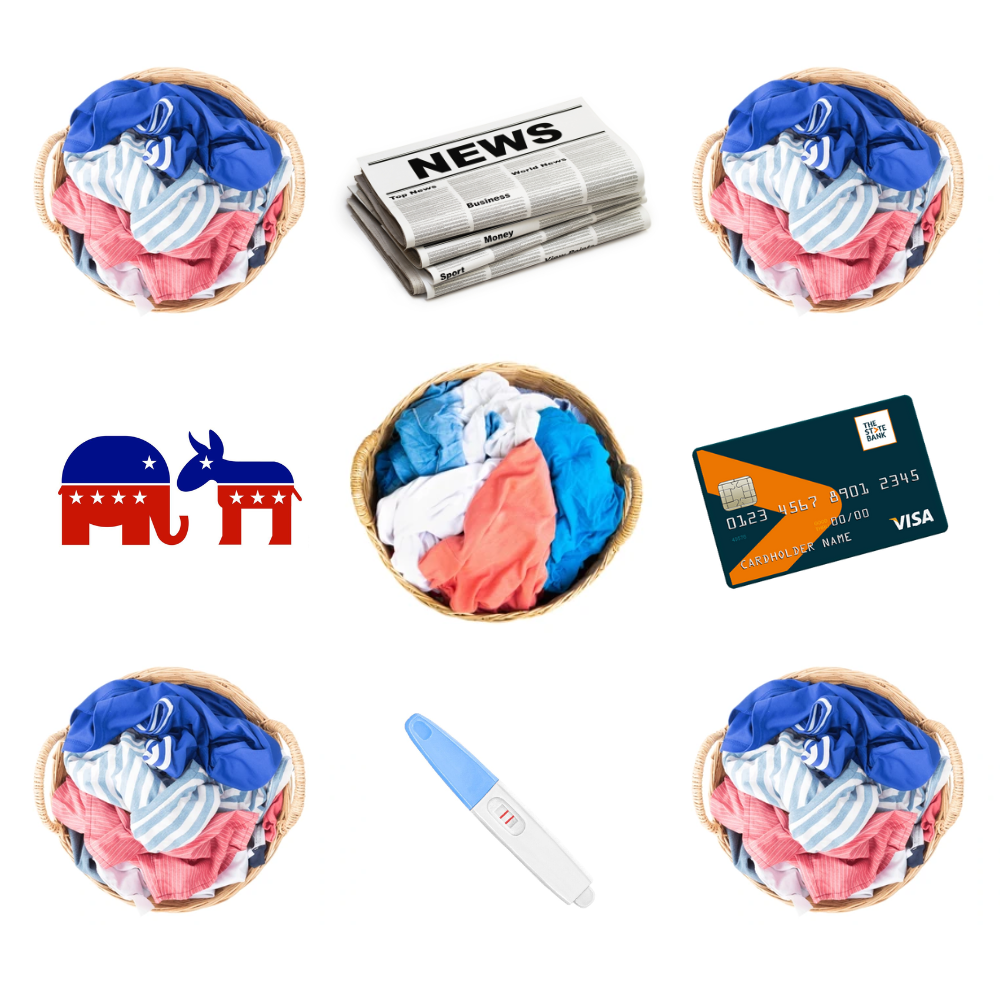

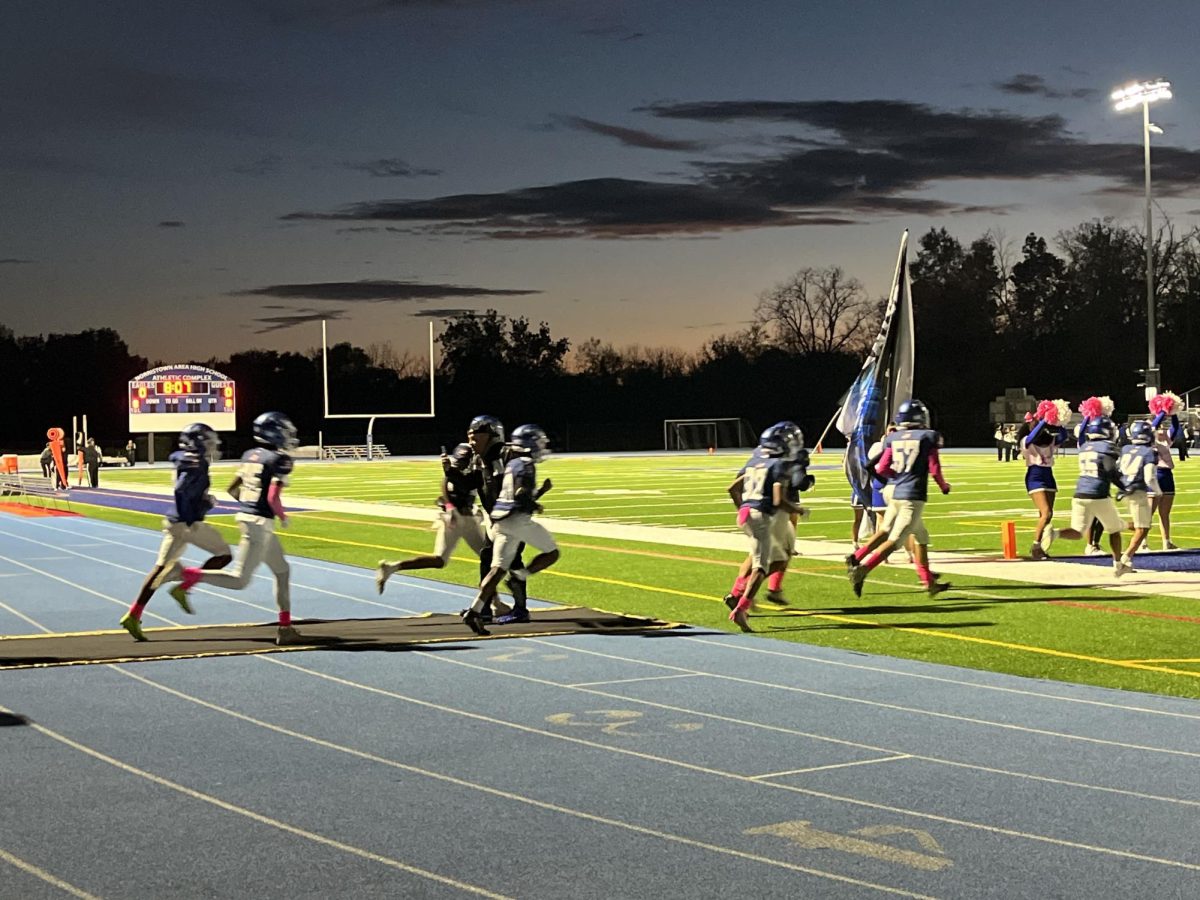
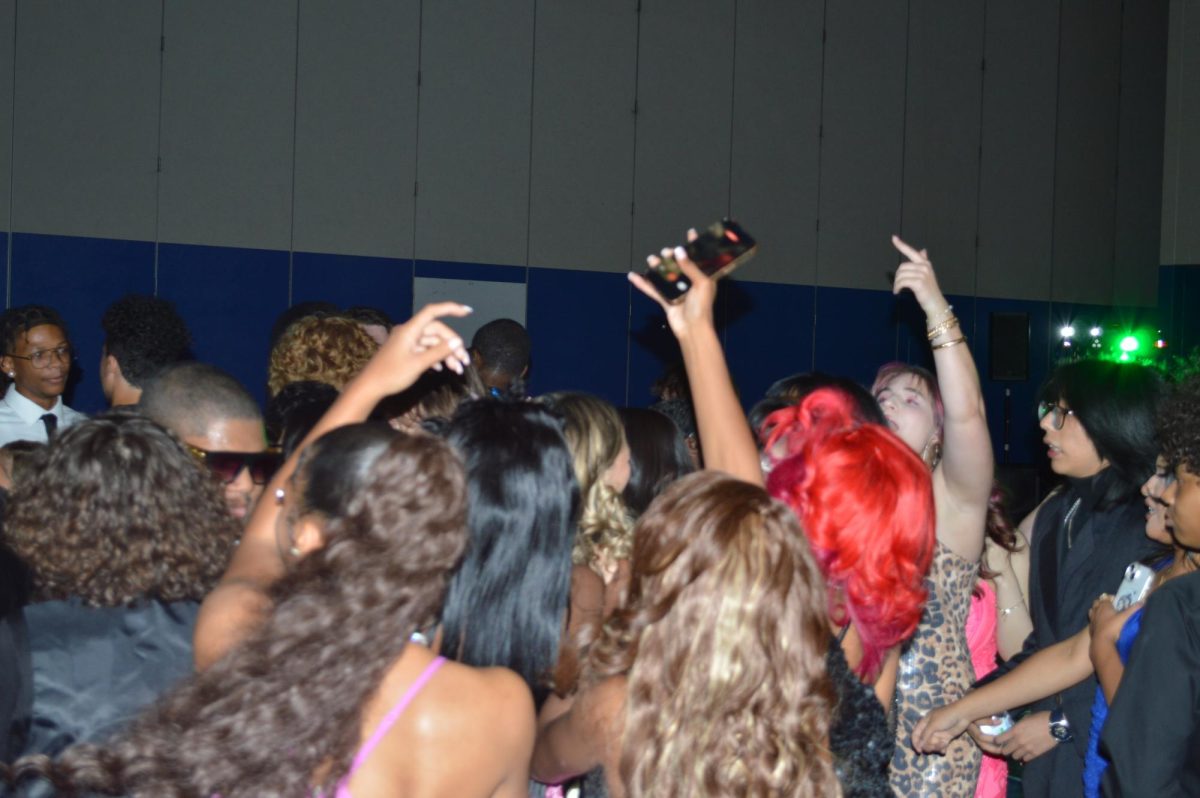
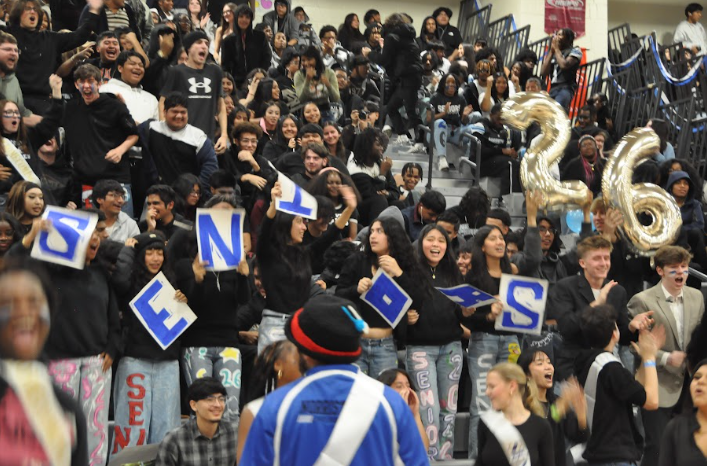
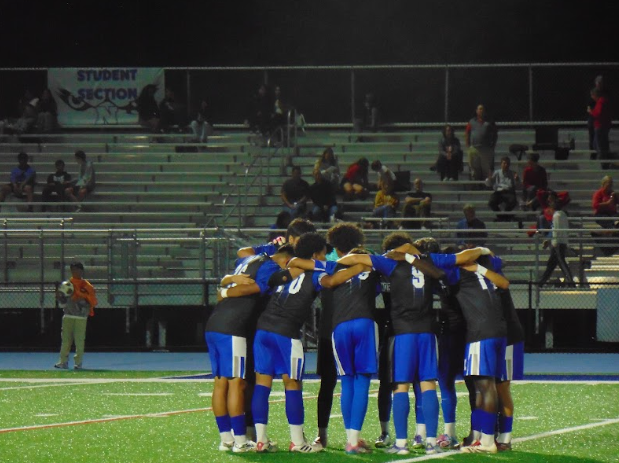
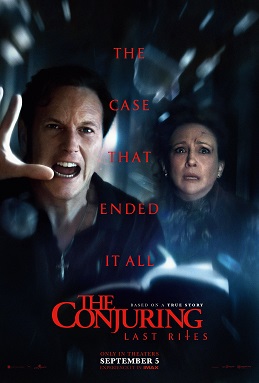
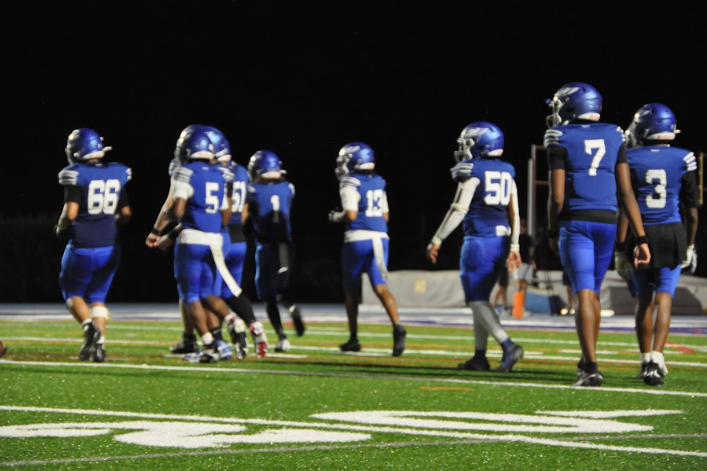
Ms. Loebig • Nov 22, 2024 at 7:50 am
Nicely written… except saying “nigger” is representative of the internalized racism the governing white patriarchy wanted to instill in all people of color. It is demeaning and condescending. I am sure that our ancestors were hoping that we would rise above this oppressive word.
Also, as black people throw that word around, it invites other people to use it against us… ALL racial slurs (used either as weapons against others or through peoples’ fake camaraderie) alienates EVERY OTHER student who is trying to grow, socially and emotionally in a high school building.